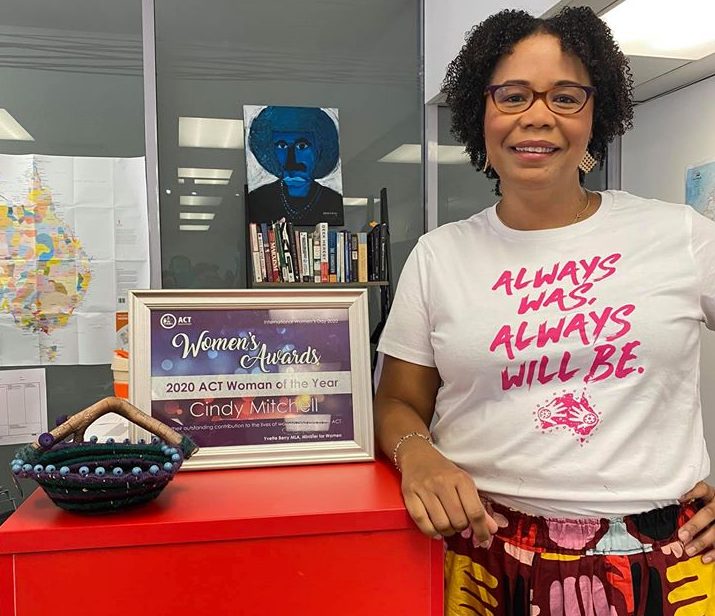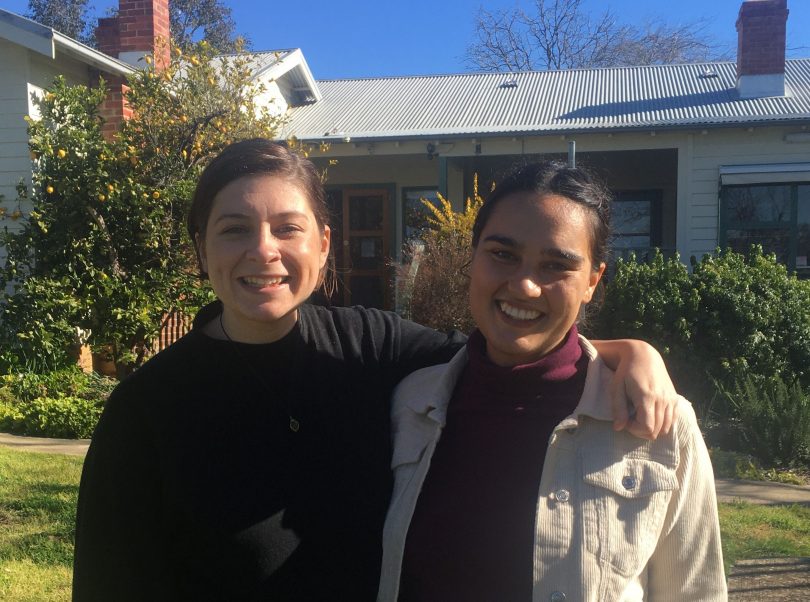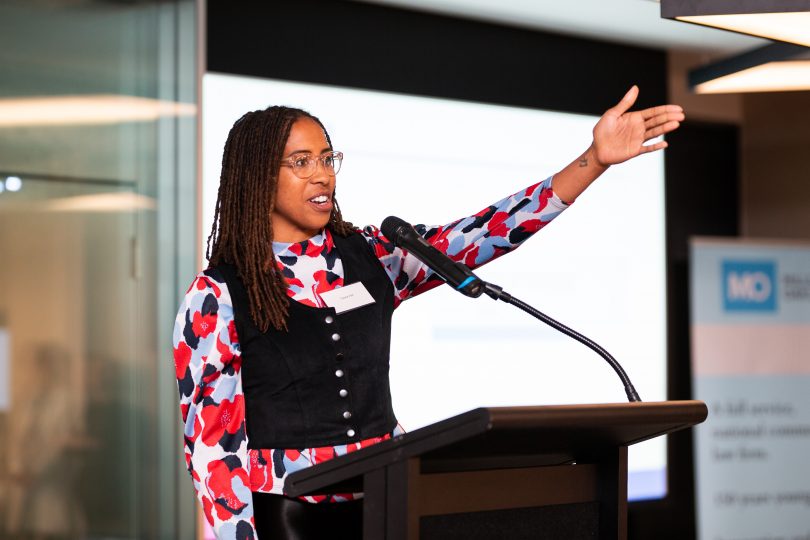
Cindy Mitchell heads the Mill House Ventures social accelerator. Photo: Supplied.
The global change in direction towards more ethically grounded business has found its way to Canberra, and the results are grist to the mill for community good.
The Mill House Ventures is the social innovation node of the Canberra Innovation Network, and the vision behind the venture is to support, nurture and grow people who want to use business as a means of achieving measurable social and economic change.
Region Media is delighted to announce our newest community partnership, building a neat bridge between the business and community sectors. We’ll work with Mill House to bring the region stories about businesses established for a social purpose as well as economic benefit.
CEO Cindy Mitchell says she’s observed “an overarching pivot towards purpose” in the business community, and believes that Canberra is well placed to lead the pack globally.
“We need a special place in the region to support, incubate and insure these entrepreneurs succeed,” Cindy says. “Mainstream business services would tell start-ups, don’t worry about touchy-feely stuff, focus on making the money then you can do good.
“We don’t believe that’s how it works. The intention to do good must be at the centre of what you do. Social enterprise is all about making that possible.”

The Cafe Stepping Stones project at Strathnairn is part of Mill House’s GRIST program. Photo: Supplied.
Mill House reaches out across the Capital region, covering enterprises from Fadden to Bungendore, from Franklin to Yass.
Currently, Mill House is working with the likes of Mongarlowe Gourmet, purveyors of sustainably grown fine foods based on locally grown truffle, vanilla bean orchids, wasabi and garlic. Mongarlowe reinvests in the Wagging Tails Community, a group that supports socially isolated men by hosting free coffee meetings.
Or there’s Café Stepping Stone, a new vegetarian café at the Strathnairn Art Gallery that aims to provide hospitality and service industry training for migrant and refugee women in Canberra as Strathnairn is redeveloped as part of the Ginninderry precinct.

Funhouse Studio at Bega is being nurtured by the Mill House accelerator program. Photo: Supplied.
Mill House’s Social Enterprise Accelerator, also called GRIST, is a five-month capacity building program, enabling social ventures to work side-by-side challenging, collaborating, and supporting each other. There’s also training, peer networking and other engagements that allow people to take the time they need to explore the concept of trading for purpose.
The Canberra Innovation Network was an original Mill House consortium partner along with SERVICE ONE, a social enterprise bank, and Mill House also works in partnership with the University of Canberra.
The first Accelerator Course began in 2018, and Cindy says there’s been a noticeable change in applicants. The first round of applicants were mostly established charities, exploring whether they could create a business stream to support their goals.
But as time has progressed, Cindy and her team are seeing more for-profit businesses that want to incorporate a meaningful social component from the beginning. In Cindy’s words, they’re business with the heart of a charity.
“We take them through all the trials of working out how to match trading models with ways to make a measurable difference in the world,” she says.
As well as Canberra, participants come from Batemans Bay to Goulburn, to Tumut, Jindabyne and along the South Coast.
“More and more, community leaders are trying to solve intractable problems like disability employment and the impact of domestic violence. Social traders are doing it in a different way, often working hand-in-hand with charities,” she says.
“Charities alone can struggle in terms of capability and ability to respond. In business, you can have income and connections that allow you to respond more quickly to a problem.”
Cindy’s own career has encompassed business advisory and development and working in venture capital.
Her personal pivot moment came when she started her own not-for-profit social enterprise, No Sweat Fashions, creating employment opportunities for migrant and refugee women.
At the time there was little support for social ventures and Cindy says that while she’s proud of what the business achieved, there were some tough lessons along the way. But she’s kept her faith in social purpose enterprises and leapt at the chance to head up the Mill House.
“I didn’t burn out on the concept,” she says. “The movement is stronger than ever, and what we’re doing here is giving so many people the chance to do real good for their communities.”
To find out more, visit Mill House Ventures.
Original Article published by Genevieve Jacobs on The RiotACT.


What's Your Opinion?